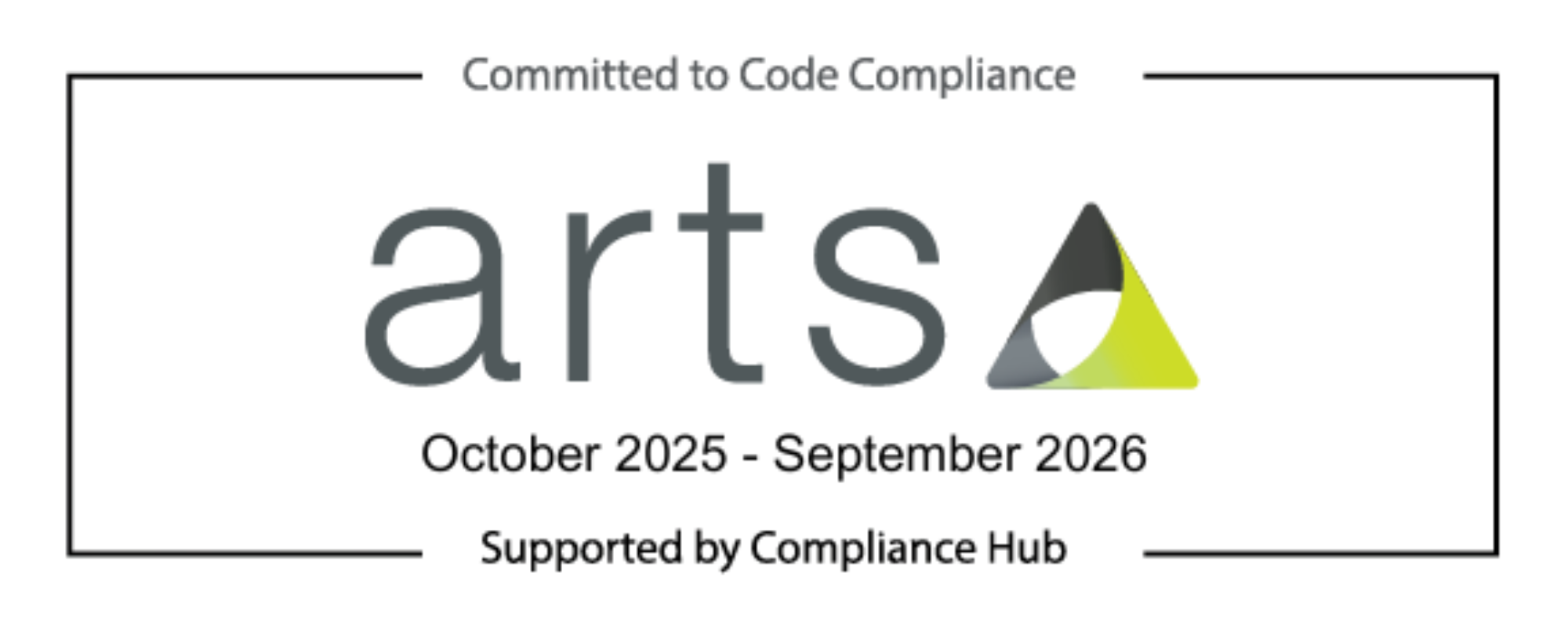Legislation change on pharmacy technicians and PGDs this week
From this week (26 June), pharmacy technicians will legally be able to ‘administer and supply specified medicines to certain groups of patients’. The long-anticipated announcement on the proposed legislation came through just before the Easter weekend, and – after some initial uncertainty on timelines, it made it through the pre-election wash-up before parliament was prorogued on 30 May.
However, it should be noted that Community Pharmacy England clarified earlier this month that there could be ‘no immediate change in the provision of community pharmacy services’. They highlighted that any updates to services would need to be first considered in negotiations and then (where agreed) relevant service directions and specifications amended.
At the time of the initial announcement, Primary Care Minister Andrea Leadsom said:
‘We want to give patients faster, simpler and fairer access to the care they need, when they need it - and giving these powers to pharmacy technicians, dental therapists and hygienists will do just that.’
The move came following a public consultation, which saw 84% of respondents agreeing that pharmacy technicians should be given ‘new powers’. These new powers are to administer and supply specified medicines to certain groups of patients, without the patient seeing a prescriber first. This will potentially mean that pharmacy technicians will be able to administer vaccinations and provide consultations under Pharmacy First.
It follows the roll out of Pharmacy First in England, which aims to free up to 10 million GP appointments each year. With more than 25,500 pharmacy technicians working across England, Scotland and Wales, this move feels to many to be a big step in the right direction, and one that has been keenly awaited – not least among pharmacy technicians themselves. Nicola Stockmann, President of the Association of Pharmacy Technicians UK, said of the initial announcement:
‘APTUK welcome this update to legislation, recognising the value of the pharmacy technician profession. This is a landmark moment for the expansion of access for patients to pharmacy services in a pressured healthcare landscape without compromising patient care.’
While Professor Claire Anderson, President of the Royal Pharmaceutical Society, said:
‘Enabling pharmacy technicians to undertake further services under a patient group direction (PGD) will increase capacity for pharmacy teams and further support consistency of services being offered within pharmacy.
This will support transformational change within pharmacy teams and enable the further evolution of the pharmacist’s role into more complex clinical care.’
Professor Anderson also noted that it would be ‘essential that the accountability and professional responsibility of pharmacy technicians is clearly understood in situations where PGDs are being used’, a view echoed in the recent report commissioned by the GPhC.
The report, from consultancy ICF and the University of Manchester’s centre for pharmacy workforce studies, noted that the profession felt well prepared to carry out this role, but that GPhC training and education standards should keep pace with and enable the changes to the scope of practice for pharmacy technicians.
This legislation is one of several initiatives aimed at improving the efficiency of pharmacy services across the country. Another – plans to make 'hub and spoke' dispensing models available across all local pharmacies – didn’t quite get through the pre-election wash up, meaning there remains no clear timeline.
Further reading:
https://www.gov.uk/government/news/new-powers-for-dental-and-pharmacy-staff-to-free-up-appointments


 North
North

